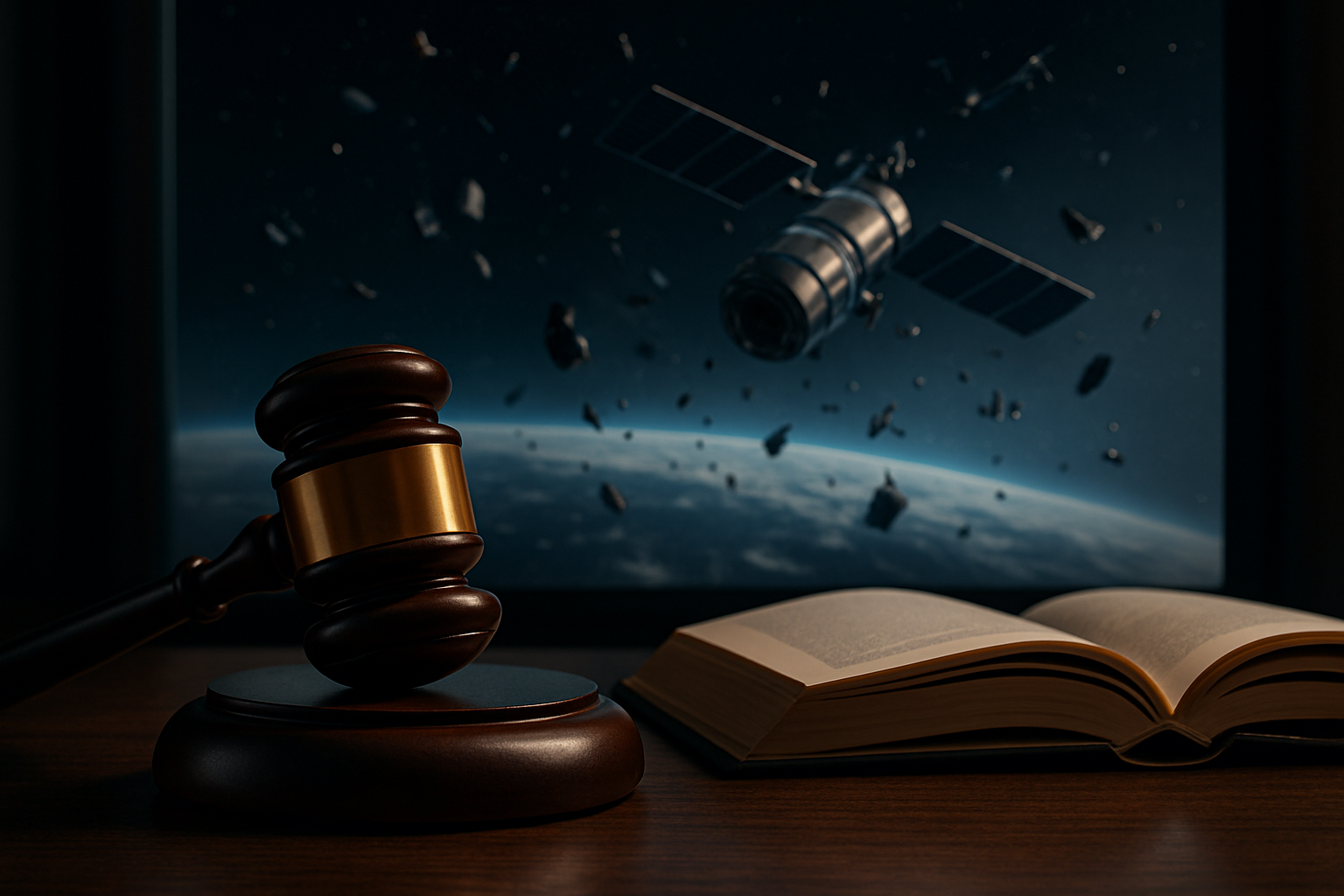Lex Cryptographica: The Emerging Legal Framework for Blockchain
Introduction: In the rapidly evolving landscape of digital technologies, blockchain has emerged as a transformative force, challenging traditional legal paradigms. This article delves into the nascent field of blockchain law, exploring how legislators and courts are grappling with the unique challenges posed by this decentralized technology.

Smart Contracts and Legal Enforceability
One of the most significant intersections of blockchain and law lies in the realm of smart contracts. These self-executing agreements, encoded on the blockchain, raise complex questions about legal enforceability. Traditional contract law principles must be adapted to accommodate the automated nature of smart contracts. Courts are now grappling with issues such as determining intent, handling coding errors, and establishing jurisdiction in a decentralized environment.
Regulatory Challenges in Cryptocurrency
The rise of cryptocurrencies has prompted regulatory bodies worldwide to reassess existing financial laws. Many jurisdictions are struggling to categorize cryptocurrencies within traditional legal frameworks. Are they securities, commodities, or a new asset class entirely? This regulatory uncertainty has led to a patchwork of approaches globally, with some countries embracing cryptocurrencies and others imposing strict regulations or outright bans.
Blockchain and Data Protection Laws
Blockchain’s immutable nature presents unique challenges to data protection laws, particularly in the context of the right to be forgotten enshrined in regulations like the European Union’s General Data Protection Regulation (GDPR). The permanent storage of personal data on a blockchain conflicts with the principle of data erasure, forcing lawmakers to reconsider how data protection principles can be applied to this technology.
Intellectual Property in the Blockchain Era
The decentralized nature of blockchain technology is reshaping intellectual property (IP) law. Blockchain-based systems for IP registration and management offer new possibilities for protecting and tracking intellectual property rights. However, they also raise questions about the enforcement of IP rights in a decentralized system and the potential for blockchain to disrupt traditional IP registration processes.
Governance Models for Decentralized Autonomous Organizations
Decentralized Autonomous Organizations (DAOs), which operate through smart contracts on blockchain networks, challenge traditional notions of corporate governance. These entities, which can exist without a central governing body, raise complex legal questions about liability, decision-making processes, and jurisdictional issues. Legislators are now tasked with developing new legal frameworks to accommodate these novel organizational structures.
The Future of Blockchain Legislation
As blockchain technology continues to evolve, so too must the legal frameworks governing it. Lawmakers and regulators face the challenge of balancing innovation with consumer protection and market stability. The development of blockchain-specific legislation is likely to accelerate, with a focus on creating flexible frameworks that can adapt to this rapidly changing technology.
In conclusion, the intersection of blockchain and law represents a frontier in legal theory and practice. As this technology becomes increasingly integrated into various sectors of society, the legal community must continue to evolve its understanding and approach. The development of Lex Cryptographica will play a crucial role in shaping the future of digital interactions, commerce, and governance in the blockchain era.






